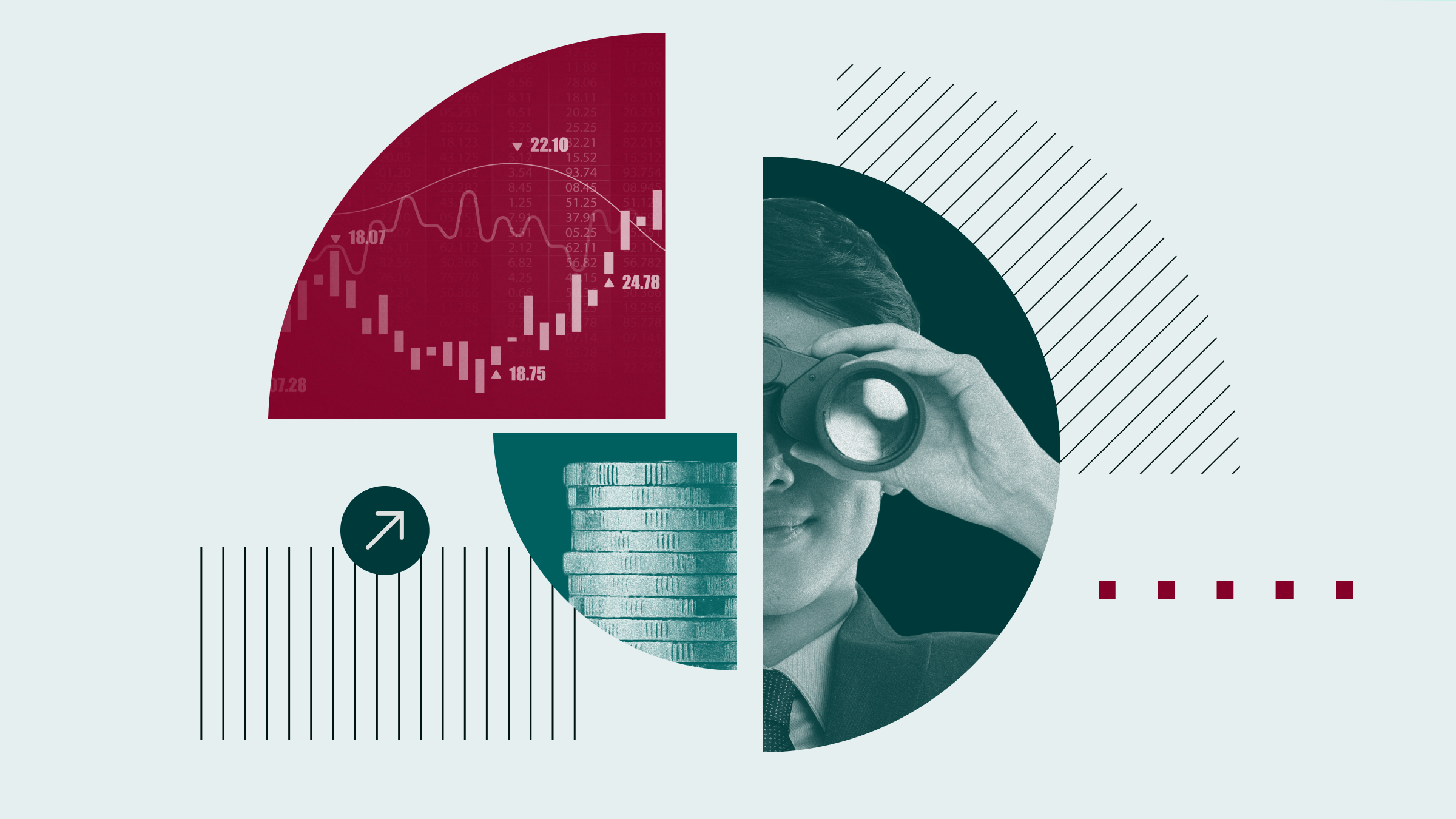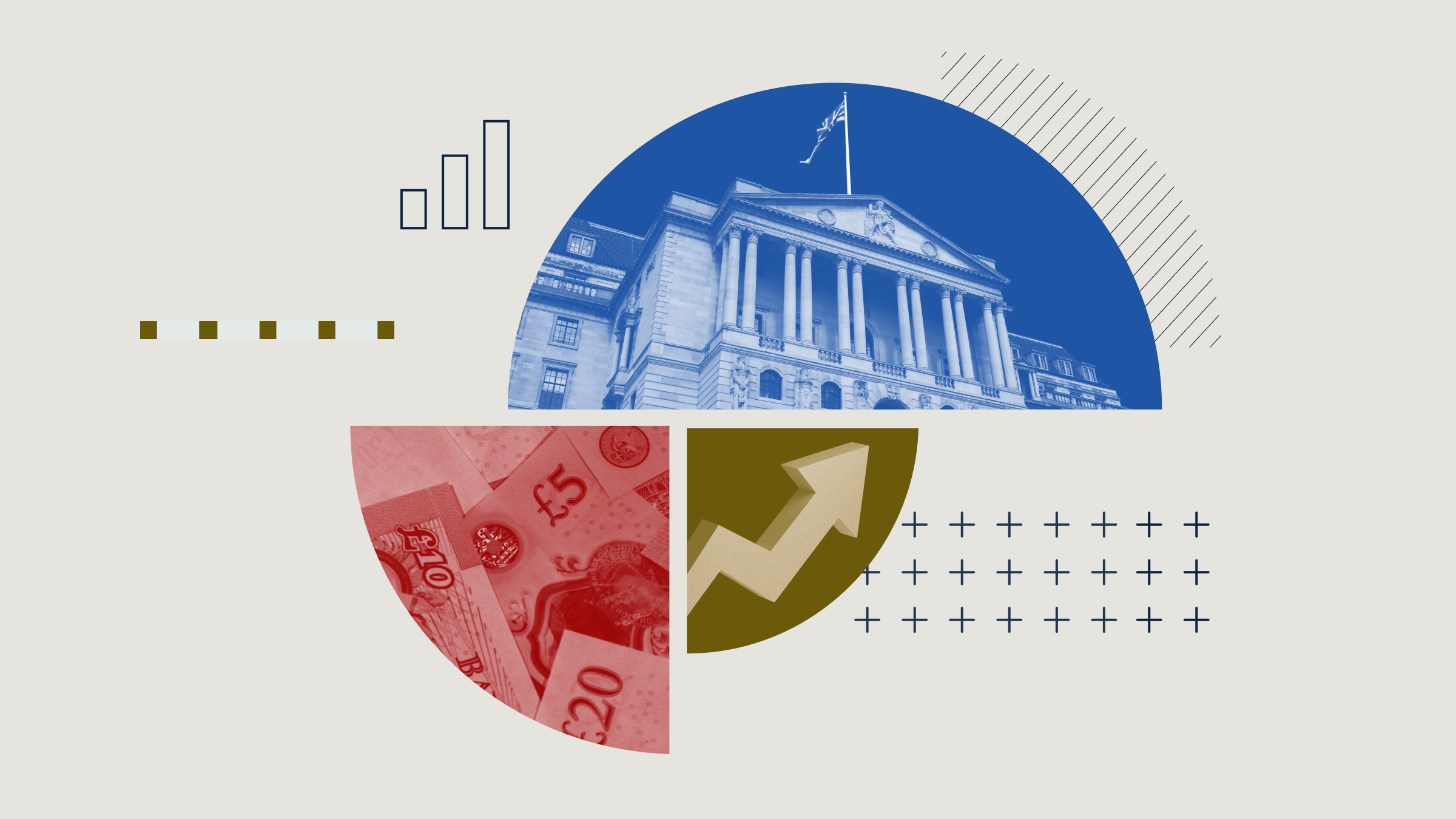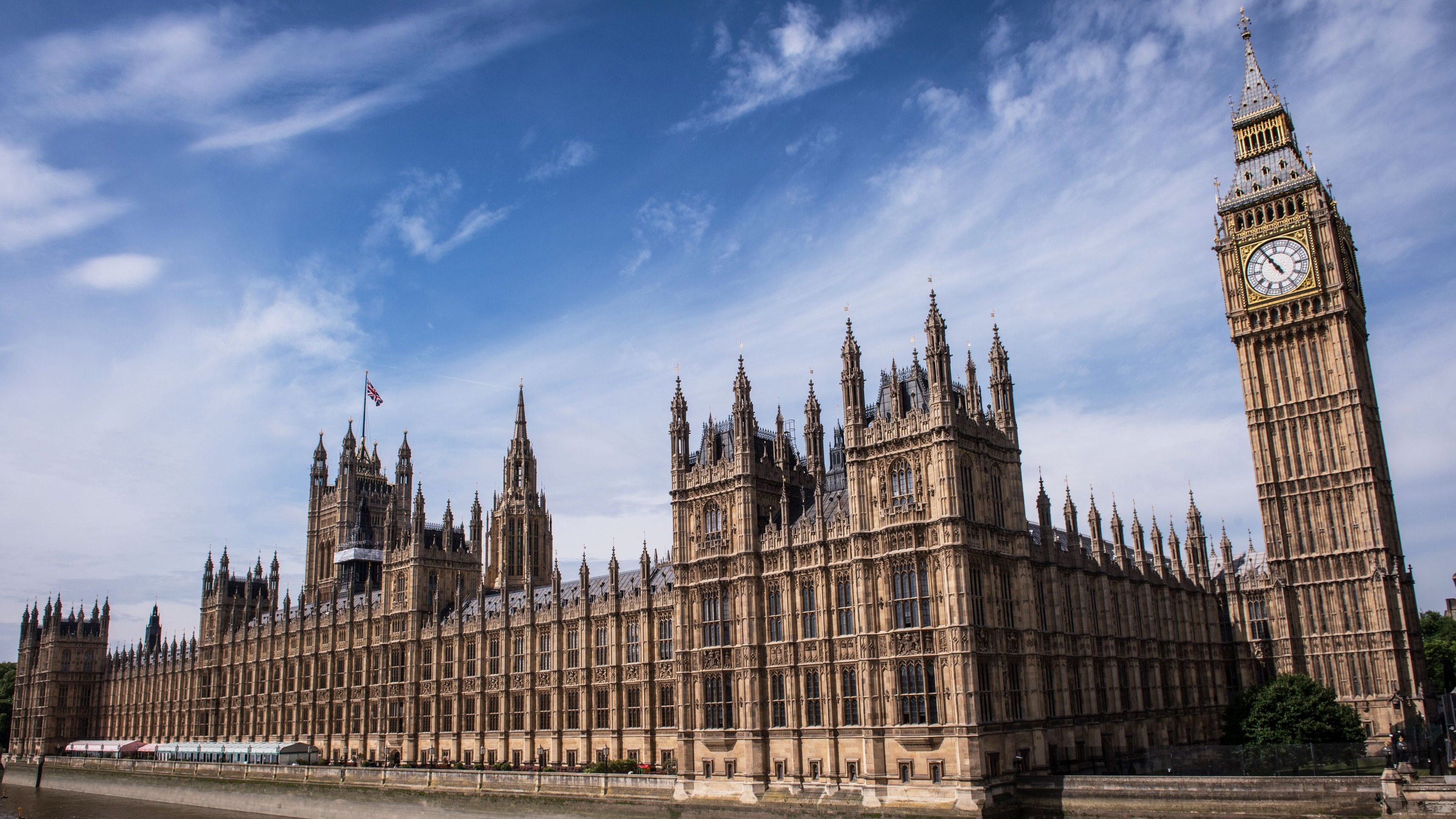
Martin Farne, who is in his early 50s and lives on the south coast of England with his family, has been an investor for almost 30 years.
As a self-employed IT consultant he says it is important to have sufficient savings and investment to tide him over out of contract periods, but he is also is looking to the longer term, and the possibility of retiring early.
“Ultimately I want to grow the funds so I can continue to maintain my current living standards when I retire. I’m currently aiming for retirement by 60, or earlier if my investments keep on delivering”.
Although he is looking towards his retirement, the majority of Martin’s investments are held in Isas. He likes the fact that he can access these funds immediately should his contract work dry up. But he also has a small proportion in a Sipp, which was initially an older company pension, that he has now transferred and manages himself.
While his Isa and Sipp are predominantly invested in global funds he also has a small allocation to physical gold and a growing allocation to crypto currencies as well.
Global Diversification Through Funds and Trusts
When it comes to diversification Martin tries to ensure a geographical spread, with specific allocations to UK, USA, China, Japan, emerging markets and Europe. He adds: “I also try and keep 15% allocated to some ‘themes’ like technology, healthcare or natural resources.”
Like many busy people Martin says he doesn’t have time to monitor and reseaarch individual companies. “I don’t have sufficient time to investigate analyse and monitor specific shares, so I tend to leave it to the experts. I generally favour investment trusts but do have some ETFs and funds in the mix.”
One of his best holdings has been Scottish Mortgage Trust (SMT), which has a Morningstar Analyst Rating of Silver and was the best performing investment trust of 2020. “I was lucky enough to invest in this trust quite a whole ago, and have seen a significant return on my money.” Over the past five years the trust has delivered outstanding annualised returns of over 38%.
Morningstar analysts describe the trust as having a unique mandate which focuses on finding high-growth companies, which are often new entrants or industry disruptors, and holding them for the long term. However, they point out the portfolio is likely to be volatileand risk-averse investors need to factor this into their considerations.
Some of his technology investments have also performed well, especially Polar Capital Technology Trust (PCT), and Axa Framlington Global Technology. The Polar Capital Trust has a 5 Star Rating from Morningstar, while the Axa Framlington fund is rated Bronze under the new Morningstar Quantitative Rating for funds. Both have produced annualised returns in excess of 30% over the past five years.
Martin says he has become more disciplined in recent years in setting stop losses, which have helped to protect him against significant disasters. “Before I learned about these I have been caught out and did rack up some large losses on a couple of holdings.”
Where to Turn for Advice?
He says that one of the main challenges as an investor is accessing robust and independent advice and information on fund holdings and investment opportunities. Fund ratings from sites such as Morningstar are useful, he says, as is information from his Isa provider AJ Bell.
“I think this will be an issue that affects more people, as final salary pensions continue to decline and people are left looking after their own money.
“The question is where to turn for easy access to advice and information. I’m fairly cynical about taking advice from IFAs, as in many cases they take their fees irrespective of whether their recommendations do well or not.
“There’s a huge amount of information on the web, but for many people it’s not easy to navigate the sheer volume of data and information out there, and much of it isn’t independent.”
While he is a fairly adventurous investor, he is planning to review his risk appetite as he approaches retirement.
He adds: “I don’t see things like the coronavirus being a long-term risk, more of a concern is the amount of money being pumped into world economies by politicians as they try to get re-elected. I think this may well have serious effects on interest rates and inflation. This may distort markets, and mean they approaches that have done well over the last decade or so may well have to be revisited. I hope I can navigate these changes successfully.”



























